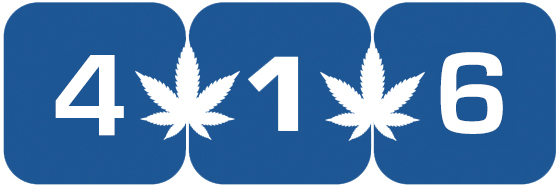A new California program incentivizes people using meth or cocaine with money if they can prove they are clean in an evidence-based system in which participants can earn incrementally more the longer they stay clean. Why? Because California is grappling with substance use disorder “crisis” with deaths from cocaine, meth, and other stimulants soaring in recent years. In 2021 for instance, 65% of drug-related overdose deaths involved stimulants, compared to 22% in 2011. The impulsive nature of stimulant cravings and addiction calls for alternative approaches.
A Medi-Cal initiative called CalAIM provides social and behavioral health services, including addiction treatment to individuals in California . California Healthline reports that CalAIM provides people who use meth and cocaine with an incentive to quit habit-forming drugs that are difficult to kick on your own.
Contingency Management (CM) is a program that provides motivational incentives to treat people who use stimulants like meth or cocaine, and support their path to recovery. It recognizes and reinforces individual positive behavioral change, and requires them to prove it with drug tests showing negative results for stimulants. “CM is the only treatment that has demonstrated robust outcomes for individuals living with stimulant use disorder, including reduction or cessation of drug use and longer retention in treatment,” the program states.
“The Recovery Incentives Program increases access to new evidence-based treatments for Californians living with substance use disorder,” the program’s Fact Sheet states. “Starting in 2023, the program is available to members living with stimulant use disorder in participating counties, in outpatient, intensive outpatient, and Narcotic Treatment Program settings. As part of the program, eligible Medi-Cal members participate in a structured 24-week outpatient program, followed by at least six months of additional recovery support services. Participants meet with a trained contingency management coordinator twice weekly for the first 12 weeks of the program, then weekly for …
Read More
Author: Benjamin M. Adams / High Times









